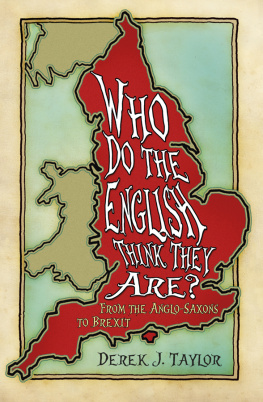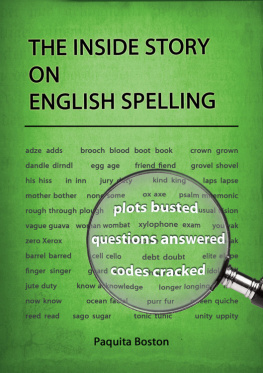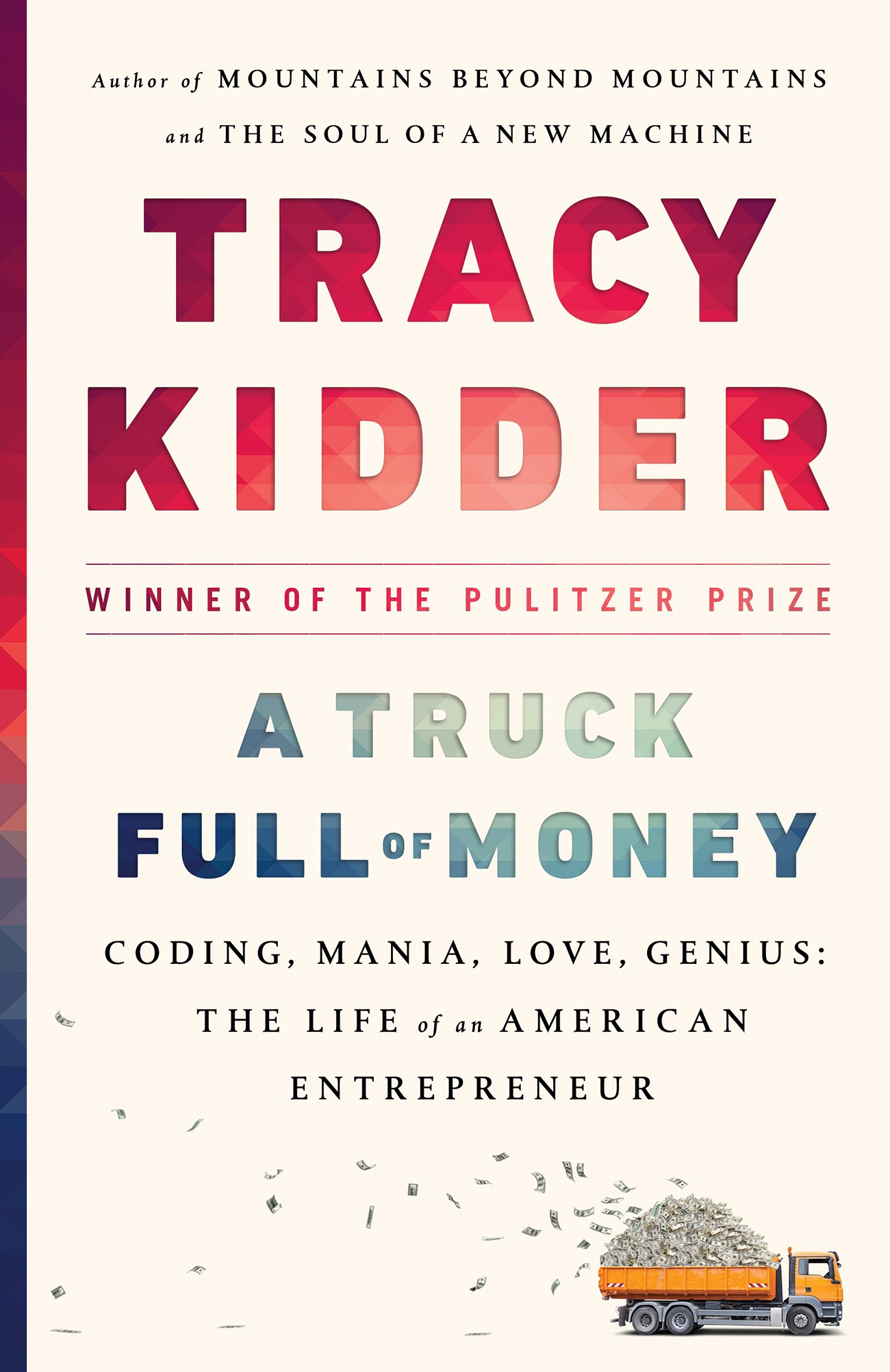In the early 1980s I wrote a book about a team of engineers who were building a new computers hardware. About thirty years later, I thought it would be interesting to look into the world of computing, and in particular the craft and business of making software. I knew Paul English only in his role as a philanthropist. I had never heard him speak about his day job, but I knew it had to do with software and that he was successful at it. So I asked him to show me around. After a while I began to feel that my guide should become my subject. What I actually said was: Why dont I write about you?
It was some timemonths, I thinkbefore he answered. I remember the moment well. He agreed, with a proviso that I had never heard before in my years as a reporter and writer.
You have to promise not to make me look better than I am, he said.
PASSWORD
FALL 1976
The man on the stage in the jacket and tie, the headmaster, invited the new seventh graders to look at the names that graced the walls around them. Paul and his classmates, 350 boys and girls, turned their faces upward. A band of surnames, painted in large black letters, ran along the summits of the auditoriums impossibly high walls. These, the headmaster said, were great Americans who had come before them here, at the oldest public school in America, Boston Latin.
Paul recognized some of the names on the frieze. Franklin, that would be Benjamin, and John Hancock and Samuel Adams and Joseph Kennedy. Knowing those names was just part of growing up in Boston. Paul loved music and played the piano and was learning the trumpet, and he knew that Bernstein must be Leonard. Some of the others sounded familiar, such as Emerson, and Paul gathered that all the rest were part of history, too: Santayana, Mather, Sumner, Brooks, and twenty more. And, said the headmaster, the new students should take note: One space had been left open up there in that pantheon. Maybe one of them would fill it someday.
Paul was impressed, but as he gazed up, he noticed the lightbulbs in the distant ceiling and his eyes and thoughts were drawn to them. It wasnt the kind of thing he talked about with his friends, but he always felt taken away by light and the play of light on surfaces. He could get through an entire boring sermon at St. Theresas by studying the hanging lamps and the shadows they threw. For a while he gazed up, thinking how hard it must be to replace those lightbulbs.
The voice from the podium called him back. Over the next six years, one in three of them would flunk out, the headmaster said. They might be the top seventh graders in Boston, but this was a school where even the best had to work hard. And that meant homework, four to six hours of homework a night, said the headmaster.
Paul stared at the man. In his mind, he spoke to him. Fuck you. I will never do homework.
There were things he would do, though, because he wanted to do them. He tried out for the school band and made the cut, and he also decided to check out the Computer Club. It had a faculty adviser and, for a clubhouse, a windowless room down in the basement, equipped with six terminals. They looked like TVs. But they had keyboards in front of them, which meant you could tell these TVs what to do, and that made all the difference. Paul had never liked TV. He called it the stupid box. He would watch his father watching the evening news after a day at Boston Gas. His father would sit in his easy chair with his box of Cheez-Its and his Manhattan, looking at pictures of car crashes and murder victims. And Paul would wonder to himself why his dad would want to just sit and look at what somebody else wanted him to see, and listen to strangers tell him what he should buy.
This past summer, at the Dedham Mall, Paul had discovered something much better than television, an arcade game called Pong. The machine looked like a TV but you could control what happened on its screen. You turned a knob and these vertical linesthey worked like paddlesmoved up and down on the sides of the screen, intercepting the ball that moved across the screen. A computer was even more interesting, once he began to learn how to make use of one. This didnt take long. The faculty adviser seemed like a smart guy, and it was easy for Paul to listen carefully to him, because he had information Paul wanted.
Boston Latin possessed only one actual computer, called an IBM System/34. It was locked away in a room somewhere in the basement. A student couldnt get near it. But you could communicate with it via the terminals in the Computer Club labdumb terminals, because they were merely conduits between you and the actual machine. You sat down and turned on one of the terminalsthey were ranged along the concrete-block wallsand the screen came alive with this message, written in green letters against a black background:
Please  enter
enter  username
username  ____________
____________
Please  enter
enter  password
password 











 enter
enter  username
username  ____________
____________ enter
enter  password
password 